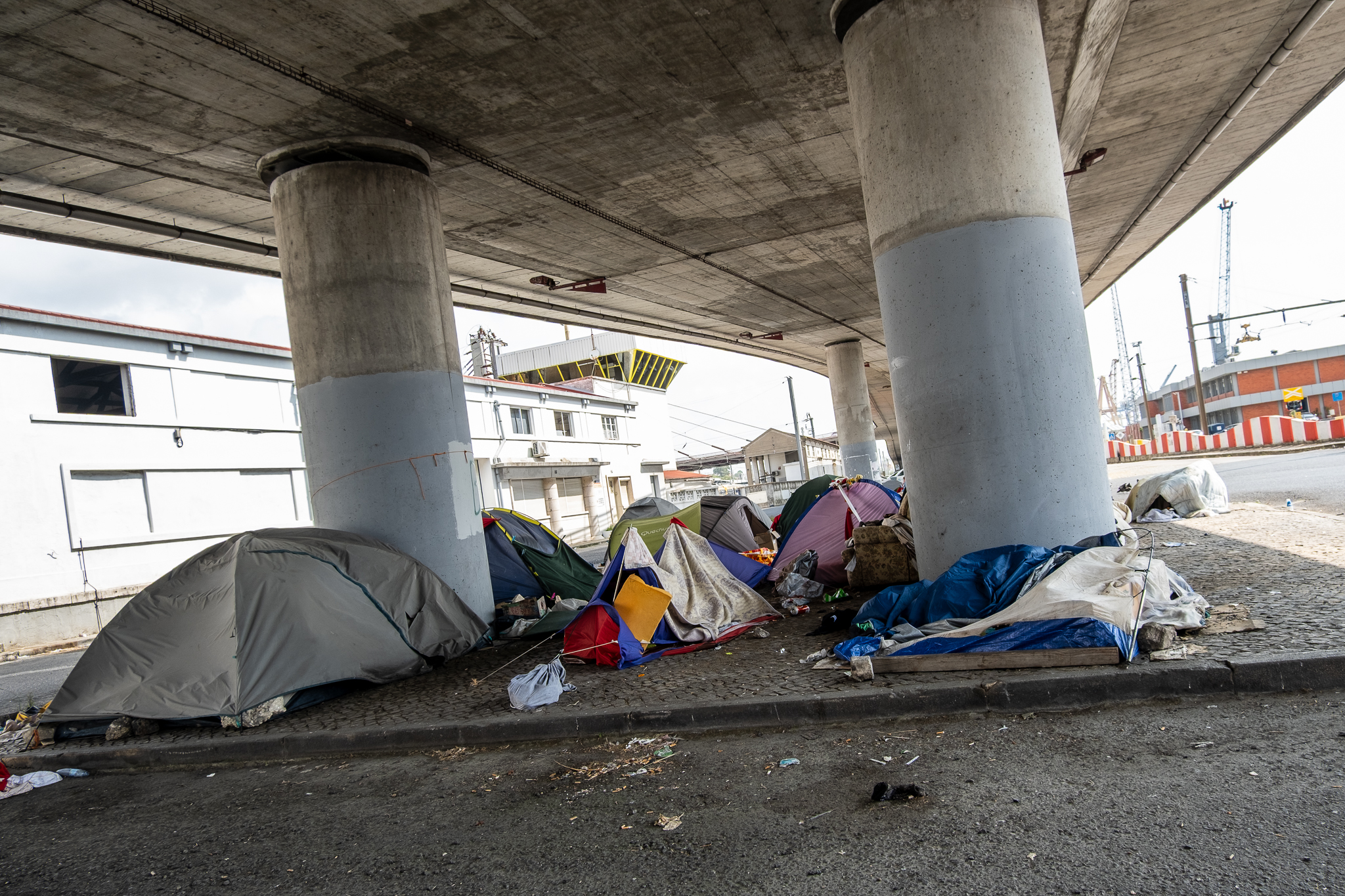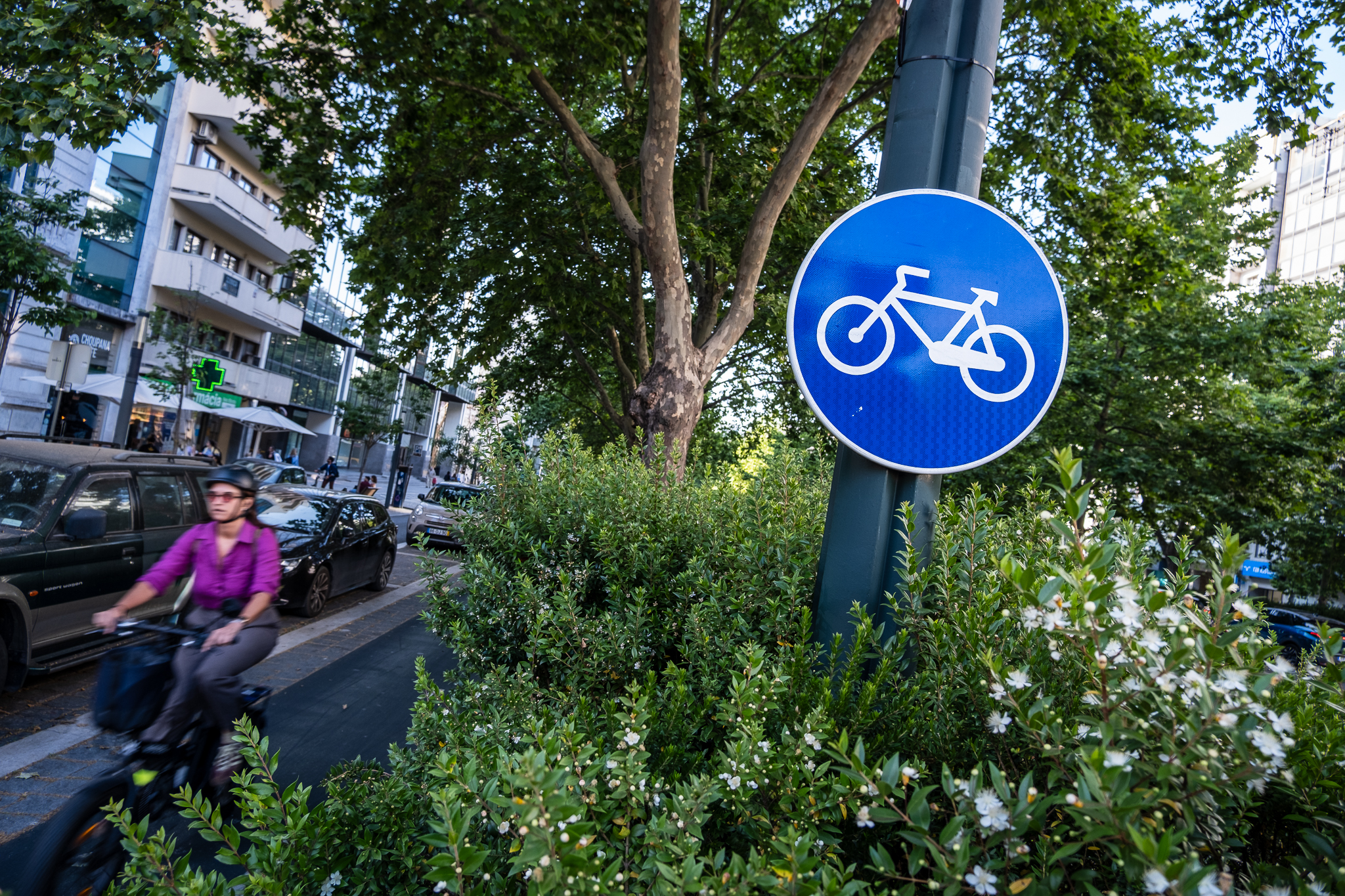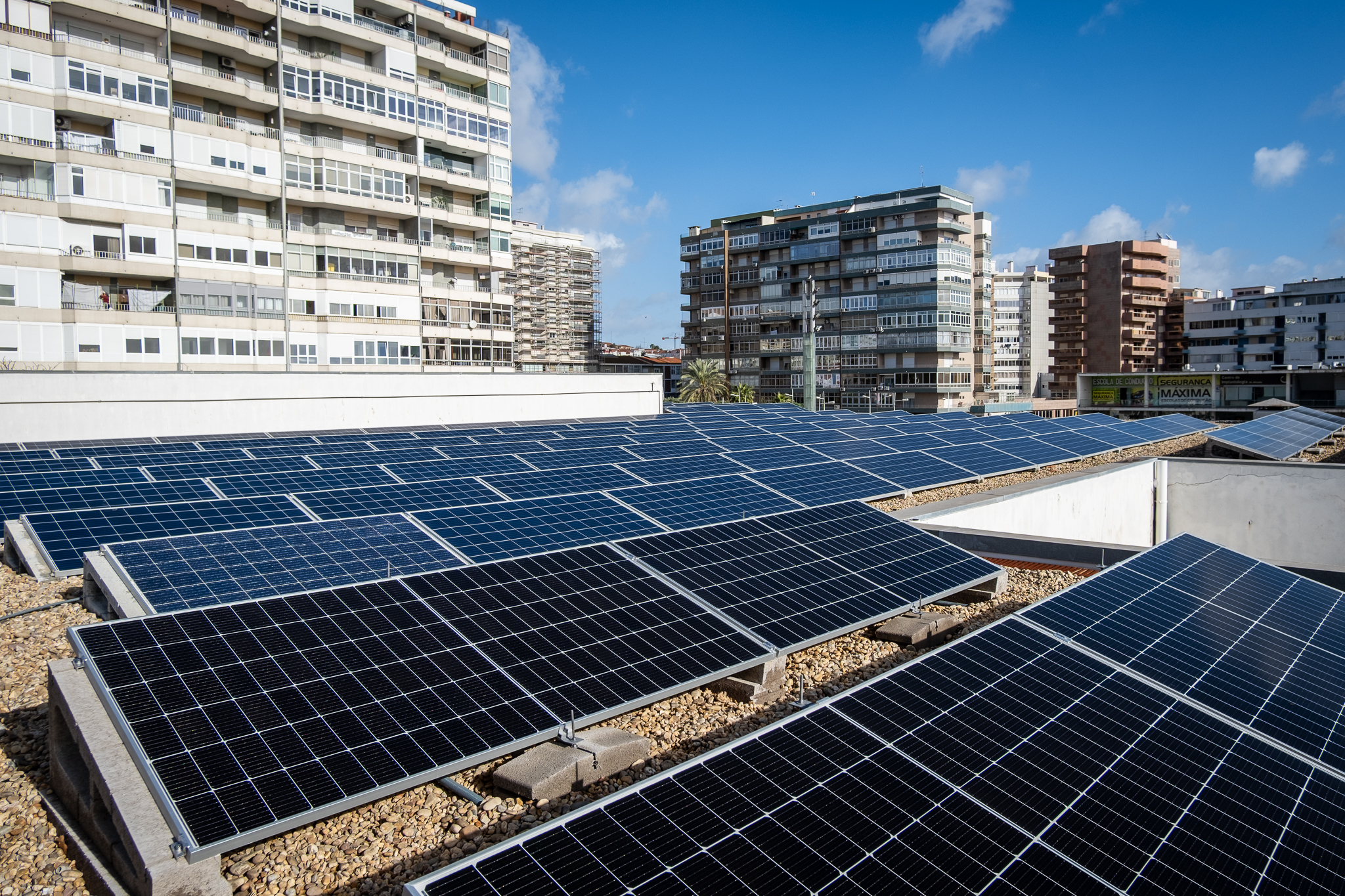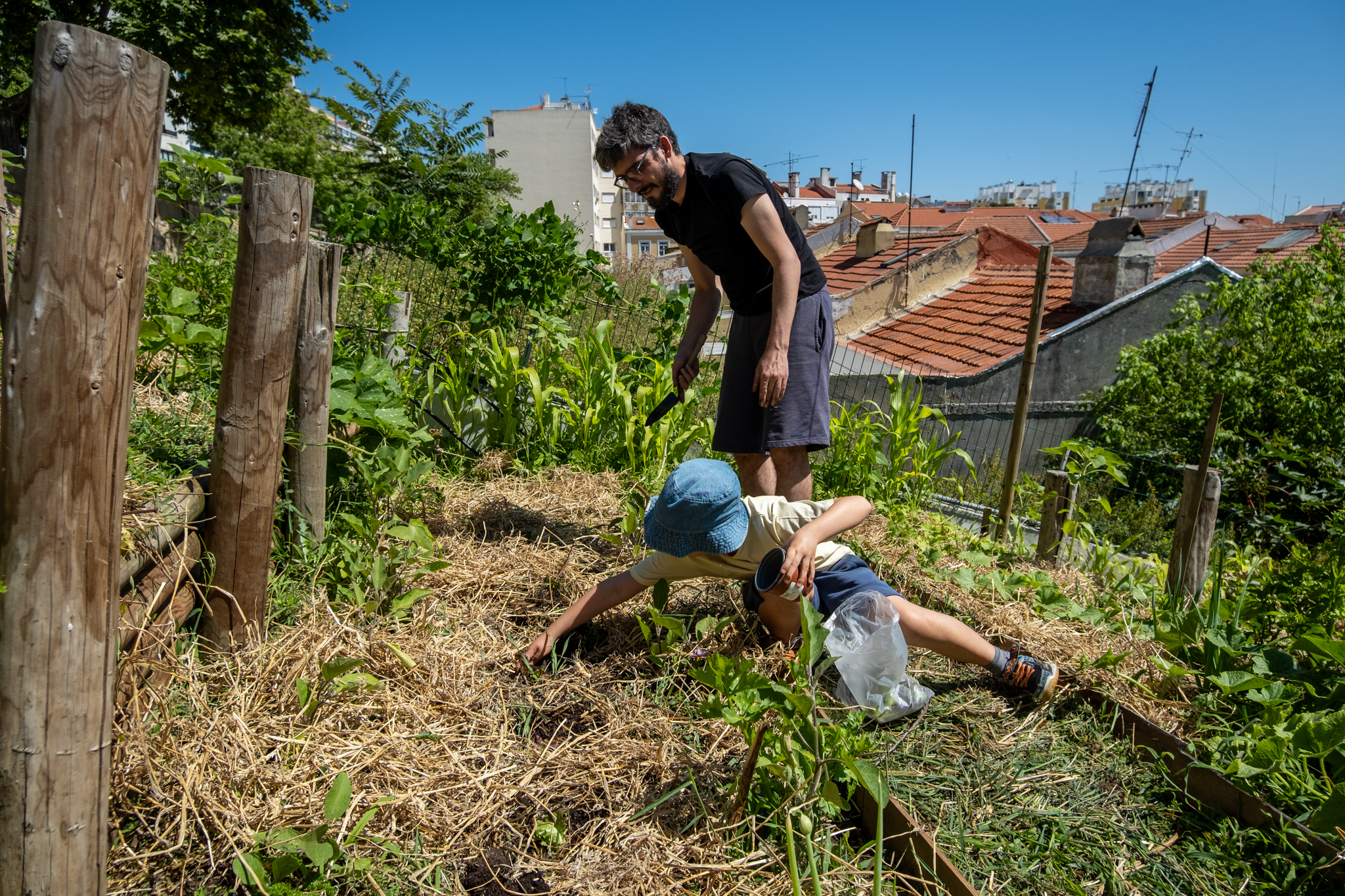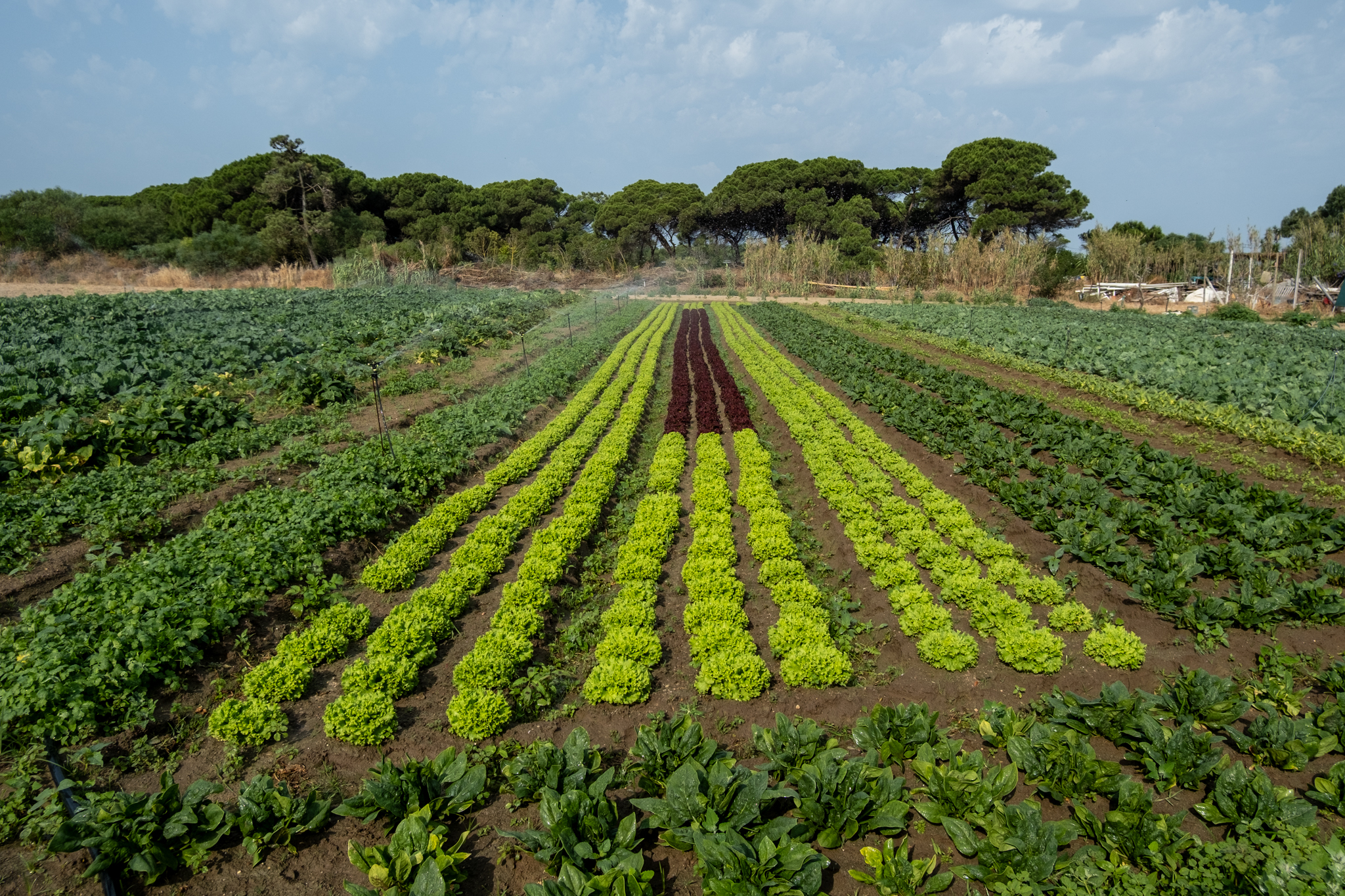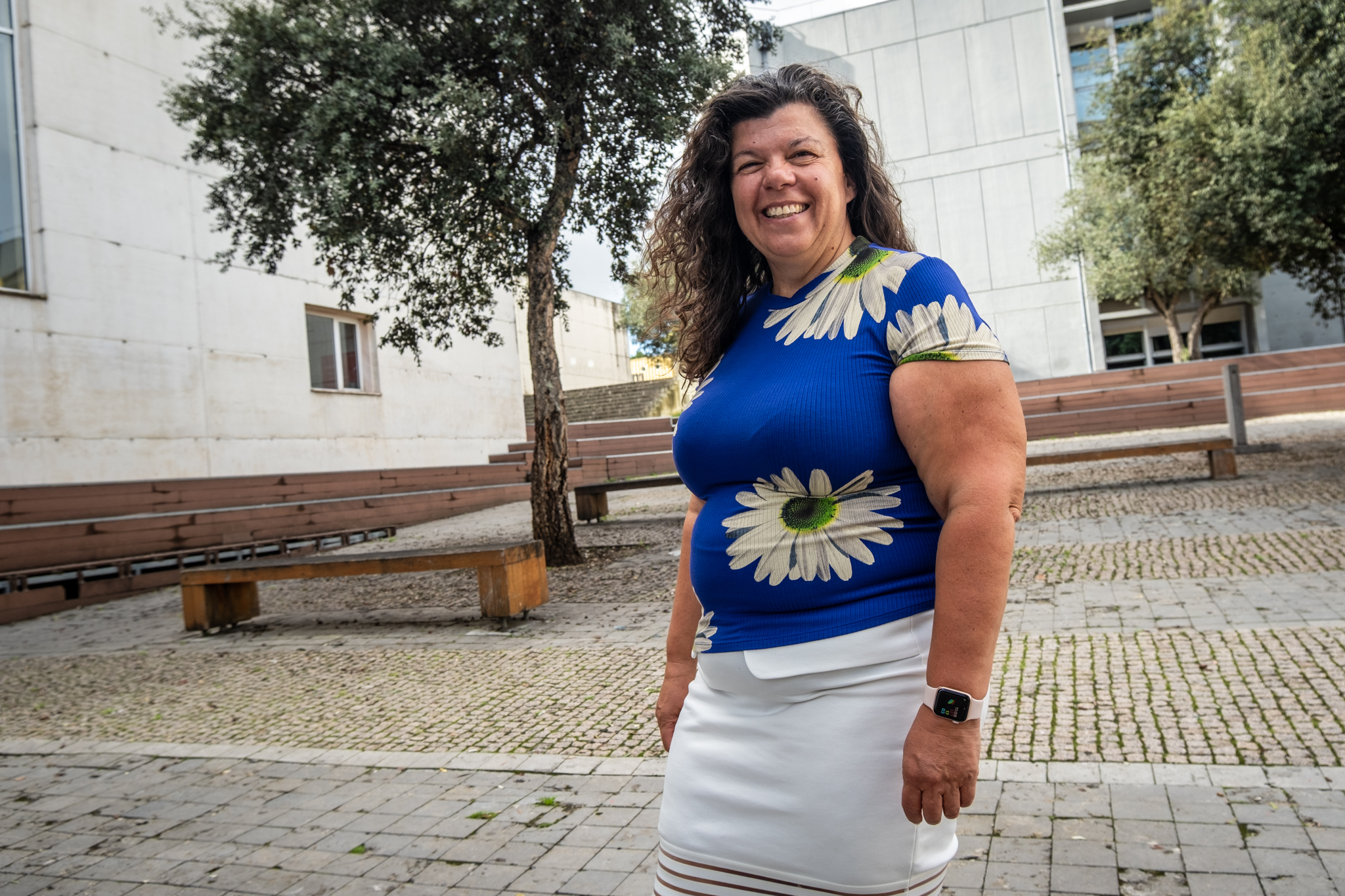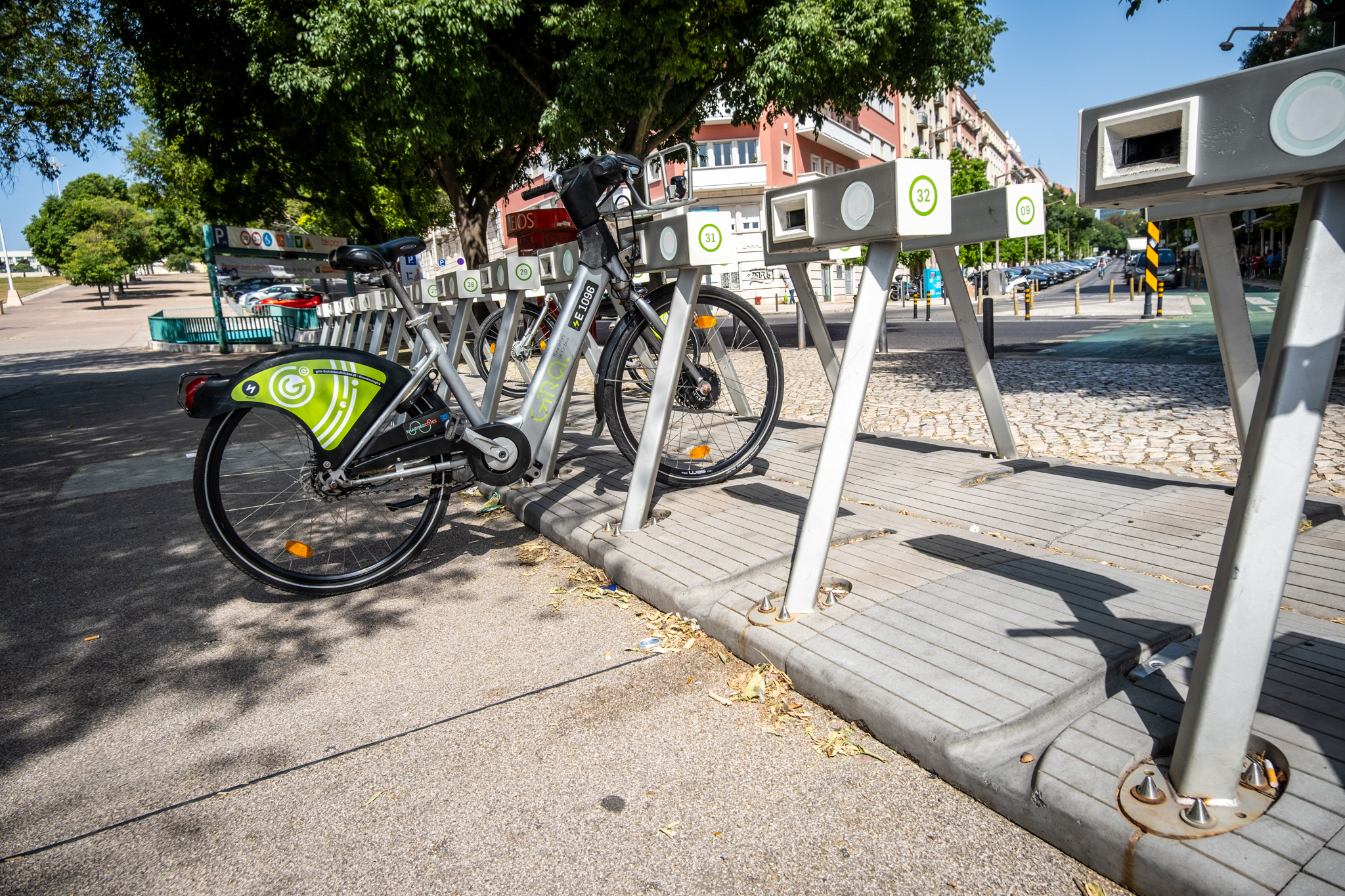In this article, we explain everything about the municipal elections. A short guide with everything you need to know for a more informed vote.

Lisbon goes to the polls next Sunday, September 26, in yet another municipal election. At the polls, you will be able to decide the future of the city by choosing between 12 different candidates. We will be electing not only the next Mayor, but also the composition of the Municipal Assembly and the members of the Parish Assembly. That's three elections in one.
In this article, we explain everything about the municipal elections. A short guide with everything you need to know for a more informed vote.
What are we voting for?
Local elections are held to elect three different bodies, which is why you will have three different ballots - each ballot will have its own color: green for the City Council, yellow for the Municipal Assembly and white for the Parish Assembly.
Although you have three ballot papers, you don't have to vote for all three bodies. You can tell the members of your polling station that you want to abstain from voting for one or two bodies.
Each party or coalition presented lists for each of these municipal bodies. In other words, the lists of a given party or coalition for the City Council are different from those of the same party or coalition for the Municipal Assembly. However, the same citizen can run simultaneously for the City Council and the Municipal Assembly of the same municipality, so there may be common people on both lists.
In the case of parishes, it's important to note that we vote for the Parish Assembly, which will then define the composition of the Parish Council. In the case of the municipality, we vote for both the City Council and the Municipal Assembly.
There are several names on all the lists - some are full candidates, others are alternates. There will be a winning list for each body (Town Council, Municipal Assembly and Parish Assembly), but that doesn't mean that there can't be people from other parties or coalitions on those same bodies. While this is obvious in a Town Council or Parish Council, where there is supposed to be opposition, it is less obvious in the Town Council, but it is very common. For example, the mandate that is now coming to an end in Lisbon includes councillors from the PSD, CDS and PCP.
What is the difference between each organ?
We've tried to explain it as clearly as possible:
- City Hall: is the executive body, the "government of the city". The City Council is made up of a President, a Vice-President and several Councillors, the number of which depends on the municipality, as the size of each municipal executive is proportional to the number of voters in the municipality. In the case of Lisbon, the executive will be made up of 17 people, which means that if we take out the President and Vice-President there will be a total of 15 councillors. The President will be the head of the list most voted for by the population and the councillors can be from that list or from other lists, which, although they weren't the winning lists, got enough votes to get one or more councillors elected. The Mayor assigns each of the councillors a portfolio, i.e. the thematic "portfolios" (Housing, Mobility, Finance, Urban Planning, Green Spaces, etc). There may be councillors with no portfolio. The Mayor also chooses the Deputy Mayor from among all the councillors. It is up to the City Council to draw up proposals and make decisions that will have to be voted on by the Municipal Assembly before they can be implemented by the Council.
- Municipal Assembly: is the deliberative body responsible for "overseeing" the work of the City Council. In practice, it is up to the Municipal Assembly to approve, or not, the proposals and decisions that come from the Council, and the Municipal Assembly can also present its own initiatives that are then up to the Council to implement. The Municipal Assembly is made up of deputies - municipal deputies. In the case of Lisbon, there are 51 deputies directly elected by the population plus the 24 presidents of the city's 24 parish councils, making a total of 75 municipal deputies. The winning list will have more elected municipal deputies, and so on. Generally, the winning list in the Municipal Assembly is from the same party or coalition that won in the City Council. At the first meeting of the Municipal Assembly, the deputies will elect the assembly's bureau, made up of a President and two bureau secretaries; the President of the bureau will also be the President of the Municipal Assembly.
- Parish Assembly: is the equivalent of the Municipal Assembly but applied to each of the parishes in the municipality. In other words, it is up to the Parish Assembly to monitor the work of the Parish Council, approving its proposals and presenting its own. One of the first tasks of the Parish Assembly will be to define the composition of the Parish Council. The president of the council will be the person who tops the list most voted into the parish assembly, but the members (the name of the parish "councillors") are elected by the members of the parish assembly at the first meeting. Also at this meeting, the board of the assembly is elected, consisting of a President and two Secretaries.
Want to know more about these elections? Click here.
Who are the candidates?
Each candidacy is made up of a list for each of the three bodies. Here is a table with the list leaders. You can find the complete lists (including the lists for the Parish Assemblies) on this page.
| Application | Municipal Chamber | Municipal Assembly |
|---|---|---|
| Mais Lisboa (PS + Livre + Cidadãos por Lisboa + Lisboa é Muita Gente) | Fernando Medina | Rosario Farmhouse |
| New Times (PSD + CDS + Alliance + MPT + PPM) | Carlos Moedas | Isabel Galriça Neto |
| BE | Beatriz Gomes Dias | Isabel Pires |
| CDU (PCP + PEV) | João Ferreira | Leonor Moniz Pereira |
| Liberal Initiative | Bruno Horta Soares | Miguel Ferreira da Silva |
| Volt | Tiago Matos Gomes | Miguel Macedo |
| PAN | Manuela Gonzaga | António Morgado Valente |
| We, Citizens | Sofia Afonso Ferreira | (no candidate) |
| We Are All Lisbon | Ossanda Liber | Ossanda Liber |
| RDP | Bruno Fialho | (no candidate) |
| Rise | João Patrocínio | José Pinto Coelho |
| Enough | Nuno Graciano | Pedro Pessanha Fernandes |
Where can I see the proposals?
At Lisboa Para Pessoas, we've created a section where we bring together all electoral programs of all parties and coalitionsand where these documents will be archived for future reference. You can find the programs here.


